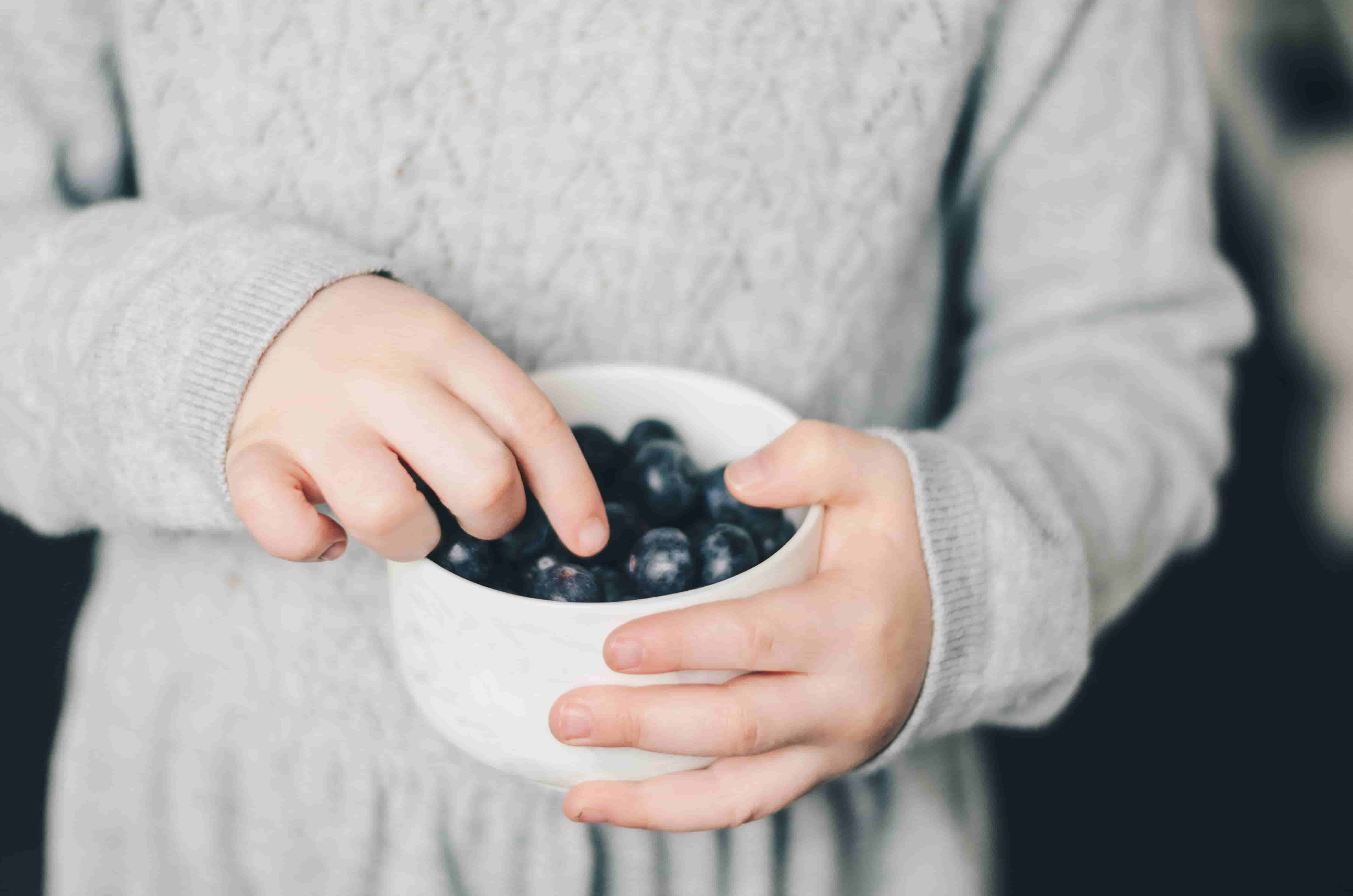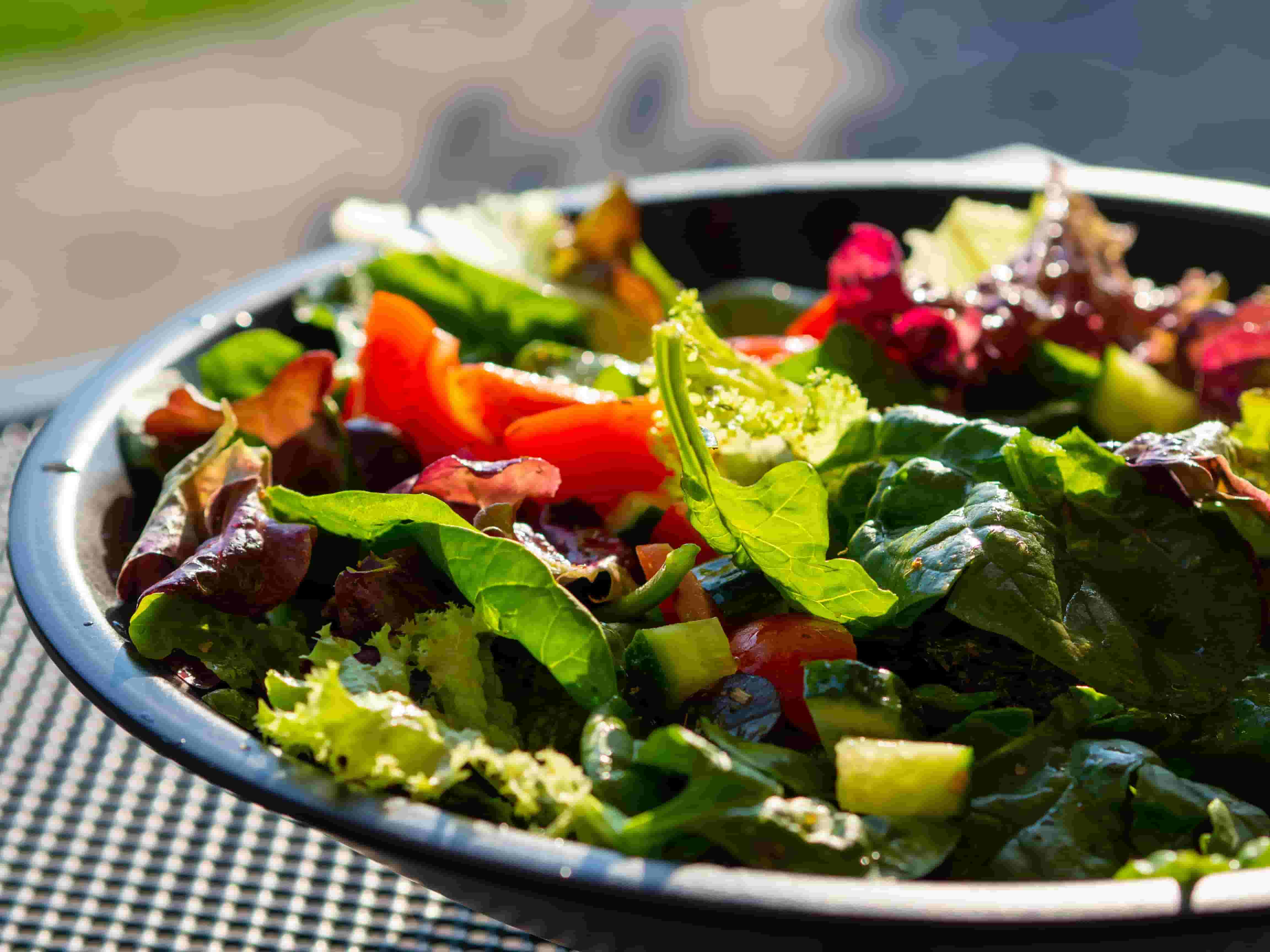
The rise in children seeking help for their mental health has been hitting the headlines over recent years. With more and more young people struggling with their mental health and wellbeing, parents can feel like they are facing an impossible situation: with services at crisis point, what can we do to put our children’s mental health first?
One in nine children experience a mental health disorder, according to the latest stats. For those aged five to 19, that rises to one in eight. Emotional disorders (particularly anxiety and depression) are amongst the most common conditions affecting children and young people.
Despite our rising awareness and the increased need young people are seeing for support with their mental health, just one in four are accessing mental health services, with many more parents reporting that they face long waiting lists or have been unable to get a referral.
Early intervention is one of the key ways in which we can help support children before ill mental health can worsen or further conditions can develop. Finding new ways we can support our children can be key to helping them learn coping strategies to better manage stress, distressing emotions, and other day-to-day experiences that can lead to feelings of overwhelm.
But could looking more closely at what our children eat help to support their mental health and wellbeing?
Mood and food explained
When it comes to food, nearly half of us Brits admit that we have no idea what we are supposed to be eating – or what a ‘correct’ portion size should look like. With nine out of 10 of us admitting our diets probably lack balance, it’s no wonder we worry that we may not be passing on the best habits to children and teens. But it’s not just their physical health and wellbeing this could be affecting – according to a growing body of research, what we eat could have a significant impact on our mental health too.

Studies have shown that nutritional counselling combined with a decrease in junk food and increase in nutrient-rich foods such as legumes and fish can have a significant, positive impact on mood and wellbeing. Increasing omega-3 fatty acid intake can not only help our brains develop and function, but could help decrease feelings of stress and could even help with mood disorders such as depression (though more research is still needed to definitively say how much of an impact omage-3 can have).
Ensuring we eat a healthy, balanced diet rich in nutrients and vegetables can help to improve our sense of wellbeing. According to studies, poor diets high in saturated fat, processed foods, and refined carbohydrates are linked to poorer mental health in children and adolescents. While the relationship between what we eat and how we feel is complex and shouldn’t be viewed as a cure-all for mental illness, it can have a significant impact.
While the relationship between what we eat and how we feel is complex and shouldn’t be viewed as a cure-all for mental illness, it can have a significant impact
Nutritionist Rhiannon Lambert explains how what we eat can impact our overall mood and perspective.
“We know that everyone has a relationship with food… we now have a lot of evidence that our neurotransmitters (the signals in our brain) are influenced directly by the foods we eat.
“We know now that 90% of serotonin (happy hormones) are produced in our guts. You want to have a happy, healthy gut – which comes from a happy, balanced diet.”
Nutritional therapist and Nutritionist Resource member, Beanie Robinson, explains more about eating well for better mental health. When asked if there are specific foods that can negatively or positively impact our mood, Beanie explained:
“Instead of focusing on one specific food, look more broadly at your whole diet and lifestyle. It is important to consider factors like stress levels, sleep quality, exercise routines, self-care, and relationships.
“While a balanced diet is fundamental to a stable and positive mood, working multi-dimensionally to improve balance in more than one area of your life will help bring about more significant change in overall mental wellbeing.
“Evidence suggests that the gut is second to the brain. Include a wide variety of different fresh fruits and vegetables [in your diet]. This will not only improve your gut health, but enhance general mental wellbeing.”
As explained by the experts, it’s important that we start viewing ourselves (and our children) as a whole person, instead of looking to just ‘fix’ one part. Instead of looking at our mental and physical health separately, we should instead ask: how can we look after ourselves as a whole?

How to help children and teens develop a healthy, lifelong relationship with food
There are many different ways you can actively help your child to develop a more mindful, healthy relationship with food. These include:
Start the conversation right
By making sure you feel comfortable with the topics you are looking to talk about, you can ensure you have good grounding to help kids learn and ask questions. Beat, NHS online, and Young Minds each have great resources that can help you to get started.
Before raising big topics with them, ensure you have picked a time and place where you can both feel comfortable opening up. It can be tricky, but do your best to stay calm, patient, and open. While you may be able to pick a time that works best for you, your child may not feel ready to discuss big topics yet, or may even need space to form questions they may want to ask you. By keeping the conversation open, you can help leave the door open for when they do feel the need to talk.
Focus on how you frame things
We all know the problems that can come with overly processed foods – but by keeping the focus on what they shouldn’t eat or should avoid, this can form negative connotations or potentially damaging relationships with food. Try instead to focus on the positive impacts healthier foods can have. By explaining these, and helping children to learn how different foods and behaviours can help them, this can create a more positive environment and attitude towards what can, frankly, be a complex and scary topic.

Practice what you preach
Children are influenced by what they see and hear happening around them. ‘Do as I say, not as I do’ may be a well-known phrase, but it can also be a source of frustration. Try and set a positive example that children can follow.
If you or your child struggle with certain foods or textures, cooking together at home can help you both to feel more comfortable trying new things and experimenting with foods you may just not have found the right combination of flavours yet. This can also have the added benefit of avoiding processed or takeaway foods that may be higher in sugar or unhealthy fats, whilst helping kids learn how to make healthier versions of foods that they already like.
Make it a family affair
Cooking together isn’t the only way to get the kids involved. Allow them to help when shopping for groceries, preparing meals, or planning for the week ahead. This can give you the opportunity to teach them more about different food groups, how they impact our bodies, and even how to better understand food labels. By allowing them to become more involved, this can also help them to feel more in control of their food choices, whilst equipping them with the knowledge to make more balanced choices.
By making mealtimes into family time, this can also create a regular time each day to catch up together, talk, and listen without phones or TV causing distractions. This can act as a stress reliever, a chance to reconnect, and an opportunity to let off steam.

Avoid food-based rewards
It can be tempting to frame some foods as ‘bad’ or to only be had ‘as rewards’ for good behaviour, but this can inadvertently make some foods seem more appealing, or even encouraged disordered attitudes towards certain foods. Where possible, avoid using heavily processed foods like cookies or fizzy drinks as rewards or bribes. If you are worried about how you can best help kids to make healthier choices, ensure you have plenty of healthy snacks and drinks such as fruit and milk on hand.
Help them understand how food can affect their mood
Even as adults, it can be easy to overlook the signs that what and how we are eating may be affecting how we feel. Ensuring that kids know it’s important not to skip meals can help to avoid drops in blood sugar that may leave them feeling tired and irritable. By instead eating slow energy releasing food like wholegrain pasta, oats, nuts and seeds, this can help them throughout the day.
Staying hydrated and getting their five a day can also have a significant impact on both mood and gut health, while making sure they have enough protein helps them to feel fuller for longer.
Different vitamins can affect our concentration, memory, and mood. When we have a deficiency of specific vitamins and minerals, this can lead to depression, irritability, anxiety, and insomnia.
Teaching children and teens about vitamins and minerals can help them to better understand what creates a healthy, balanced diet. While many may be familiar with some things, such as the importance of calcium for strong bones, they may be unaware that leafy greens and calcium-fortified cereals and juices can help with this specifically.

Talk about body image
What we eat can not only directly impact our health; the conversation around food can also have a significant impact on how young people may view themselves and their bodies. According to one study, over 60% of girls in the UK have low self-esteem, with 61% of girls having a poor body image. When we feel bad about ourselves or see ourselves in a negative light, this can lead to problems such as holding ourselves back from important opportunities or even developing into a more serious concern such as body dysmorphic disorder or an eating disorder.
If you are worried about your child or teen’s self-esteem, discover how you can help teens cope with body image issues or find out more about eating disorders and how they can affect young people.
For more information on food and mood, visit Nutritionist Resource.